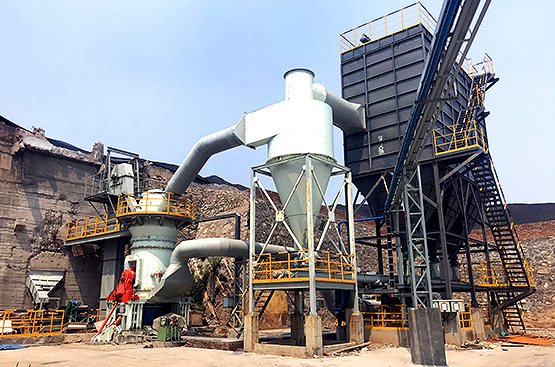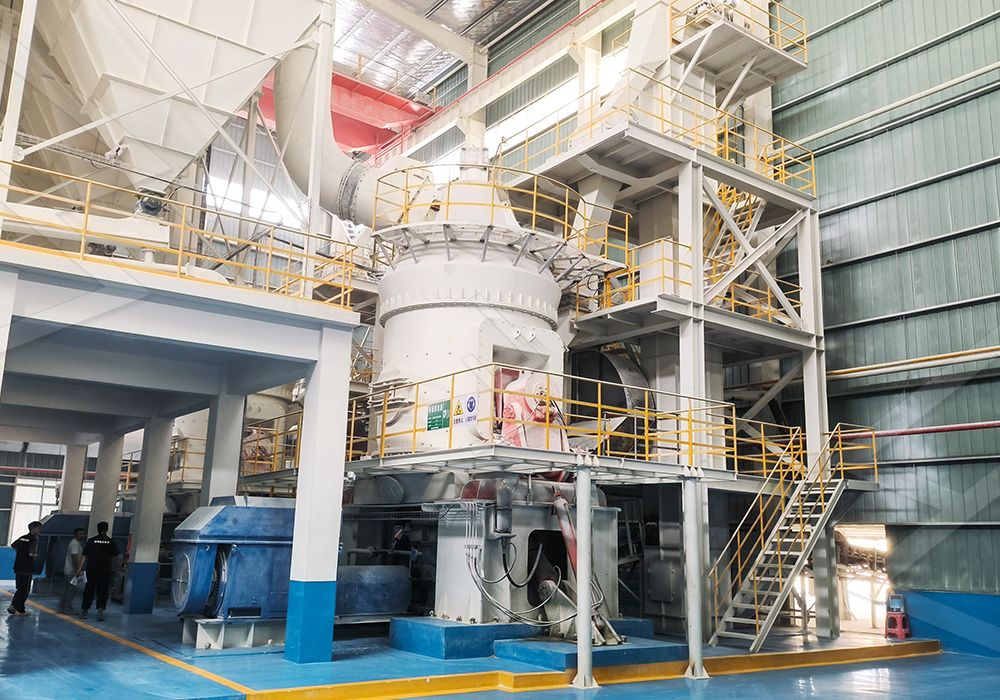Industry News
Customized Bentonite Powder Grinding Solutions (100–600 Mesh)
2025-09-21 09:34:36
We are Liming Heavy Industry, a manufacturer of various types of industrial crushers, such as Raymond Mill, Trapezoidal Mill, Vertical Mill, Ultrafine Mill, Ball Mill, etc.
Our mills can process the following minerals:
limestone, quicklime, kaolin, talc, barite, bentonite, calcium carbonate, dolomite, coal, gypsum, clay, carbon black, slag, cement raw materials, cement clinker, etc.
If you need a mill to process stone or minerals into powder, please feel free to contact me (WhatsApp: +86 153 3380 7511). Thank you.
Bentonite, a clay mineral dominated by montmorillonite, is a key ingredient in multiple industries. Its ability to bind, swell, and absorb makes it indispensable in foundry molding, drilling mud formulations, iron ore pelletizing, and even cosmetics. To meet the exacting standards of these applications, bentonite must be processed into fine powders with controlled particle sizes.

For requirements between 100 mesh and 600 mesh (roughly 150–25 microns), Liming Heavy Industry provides a customized grinding system built on the LM vertical mill platform. This system delivers reliable output, high efficiency, and flexible production tailored to the customer's material and process needs.
Why Go for a Customized System?
No two sources of bentonite are identical. Variations in mineral composition, moisture levels, and end-use requirements mean that a one-size-fits-all solution rarely works. A tailored grinding line ensures that every stage—feeding, drying, grinding, classification, and dust control—is adjusted to match the raw material and final product goals. By working closely with clients, Liming's engineers design systems that minimize downtime and maximize throughput.
LM Vertical Mill for Bentonite Processing
The LM vertical mill combines grinding, drying, classification, and conveying into a single unit. It is particularly well-suited for bentonite thanks to its ability to handle high-moisture clays while maintaining uniform fineness.

Highlights of the LM vertical mill include:
Flexible Fineness: Adjustable to deliver powders from 100 mesh up to 600 mesh, suitable for a wide range of uses.
Lower Energy Costs: Vertical roller technology consumes less power than conventional mills.
Built-in Drying: Handles bentonite with moisture content up to 15% without separate pre-drying equipment.
Scalable Capacity: Configurations available for both small-scale labs and full industrial lines.
Clean Operation: Advanced dust collection systems protect workers and meet environmental standards.
Simple Maintenance: Modular structure makes servicing faster and reduces interruptions.

End-to-End Customization
Beyond the mill itself, Liming Heavy Industry provides a full system package:
Raw material testing and analysis
Process design and mill selection
Automation and control integration
Auxiliary equipment (feeders, conveyors, elevators, packaging)
Technical training and after-sales support

Application Areas
Tailored bentonite powder production supports multiple industries:
Foundry: as a reliable binder for molding sands
Oil and Gas Drilling: as a component in drilling mud for wellbore stability
Iron Ore Pelletizing: as a binder during pellet formation
Cosmetics and Pharma: as ultra-pure, fine-grade powders for sensitive formulations
Conclusion
For companies aiming to produce high-quality bentonite powders in the 100–600 mesh range, a customized system from Liming Heavy Industry built on the LM vertical mill offers efficiency, consistency, and long-term value.

FAQ
Q1: What mesh size of bentonite is most commonly used in drilling mud?
A: Typically between 200 and 325 mesh, depending on well conditions and fluid formulation.
Q2: Can the LM vertical mill handle wet bentonite directly?
A: Yes. It can process material with up to 15% moisture content thanks to its integrated drying function.
Q3: Is this system suitable for small-scale bentonite production?
A: Absolutely. The system can be configured for pilot plants or scaled up for large industrial production lines.
Q4: What makes this solution better than a traditional ball mill?
A: The LM vertical mill consumes less energy, requires less maintenance, and offers integrated drying and classification, which reduces auxiliary equipment needs.
Q5: Can the system be adapted for other minerals besides bentonite?
A: Yes. With proper adjustments, it can also process limestone, gypsum, coal, and other non-metallic minerals.







